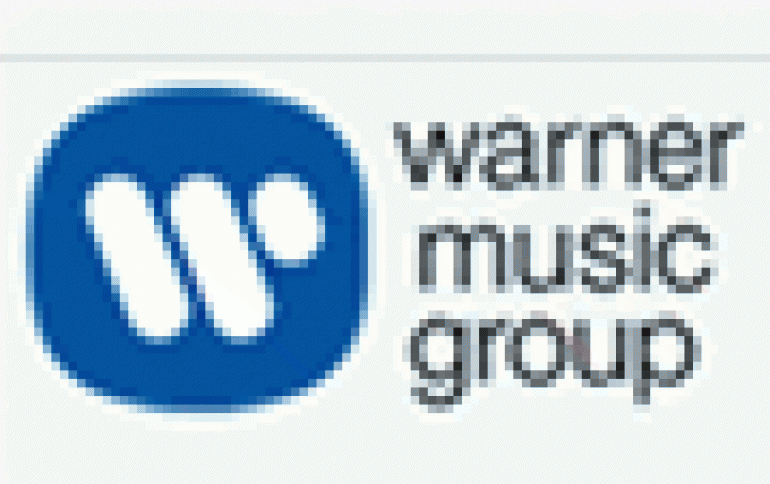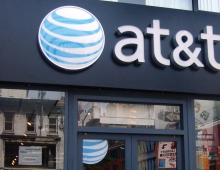
EMI, Warner Shelve Merger Plans
EMI Group Plc and Warner Music have abandoned efforts to buy each other following a European court ruling that cast doubt on whether competition regulators would allow more consolidation in the music industry.
Separate announcements from the two companies on Thursday once again shattered ambitions
to combine the world's third and fourth-largest sellers of recorded music, which they
have attempted a number of times over the last six years.
The shelving of talks was widely expected following the court judgment earlier this month that annulled the European Union's 2004 approval of the merger between Sony Music and BMG, leaving them to submit to a more thorough scrutiny using updated market conditions, which could take months.
Some analysts still expect an EMI-Warner deal will happen, possibly within the next year.
Warner Music said it would monitor the situation, but also does not think it would be prudent to pursue a deal.
EMI cited both the stalled negotiations and the court ruling for its decision to walk away.
Companies had made a recent $4.6 billion takeover offer to each other. EMI initially offered $28.50 a share for Warner Music, and later sweetened it to $31, while Warner first bid 315 pence a share for EMI and then raised it to 320.
The companies also tried to merge in 2000 when Warner Music was still owned by media conglomerate Time Warner, but European antitrust regulators rejected the plan.
EMI then tried to buy Warner Music in 2003 when Time Warner put it up for sale, but lost out to a group of private equity firms led by Edgar Bronfman Jr., which acquired it for $2.6 billion and then took it public. Bronfman is Warner Music's chief executive.
Many executives in the music industry see good reasons for Warner Music and EMI to join forces, including millions of dollars of potential cost savings.
A merger would also create a rival on a par with market leader Universal Music, owned by France's Vivendi, and Sony BMG, a joint venture between Japan's Sony Corp. and German media conglomerate Bertelsmann. Both have roughly double the market share of either EMI or Warner.
Consolidation has been fiercely opposed, however, by independent music companies whose legal challenge to the Sony BMG deal was upheld in mid-July by the European Court of First Instance, the continent's second-highest court.
The shelving of talks was widely expected following the court judgment earlier this month that annulled the European Union's 2004 approval of the merger between Sony Music and BMG, leaving them to submit to a more thorough scrutiny using updated market conditions, which could take months.
Some analysts still expect an EMI-Warner deal will happen, possibly within the next year.
Warner Music said it would monitor the situation, but also does not think it would be prudent to pursue a deal.
EMI cited both the stalled negotiations and the court ruling for its decision to walk away.
Companies had made a recent $4.6 billion takeover offer to each other. EMI initially offered $28.50 a share for Warner Music, and later sweetened it to $31, while Warner first bid 315 pence a share for EMI and then raised it to 320.
The companies also tried to merge in 2000 when Warner Music was still owned by media conglomerate Time Warner, but European antitrust regulators rejected the plan.
EMI then tried to buy Warner Music in 2003 when Time Warner put it up for sale, but lost out to a group of private equity firms led by Edgar Bronfman Jr., which acquired it for $2.6 billion and then took it public. Bronfman is Warner Music's chief executive.
Many executives in the music industry see good reasons for Warner Music and EMI to join forces, including millions of dollars of potential cost savings.
A merger would also create a rival on a par with market leader Universal Music, owned by France's Vivendi, and Sony BMG, a joint venture between Japan's Sony Corp. and German media conglomerate Bertelsmann. Both have roughly double the market share of either EMI or Warner.
Consolidation has been fiercely opposed, however, by independent music companies whose legal challenge to the Sony BMG deal was upheld in mid-July by the European Court of First Instance, the continent's second-highest court.





















